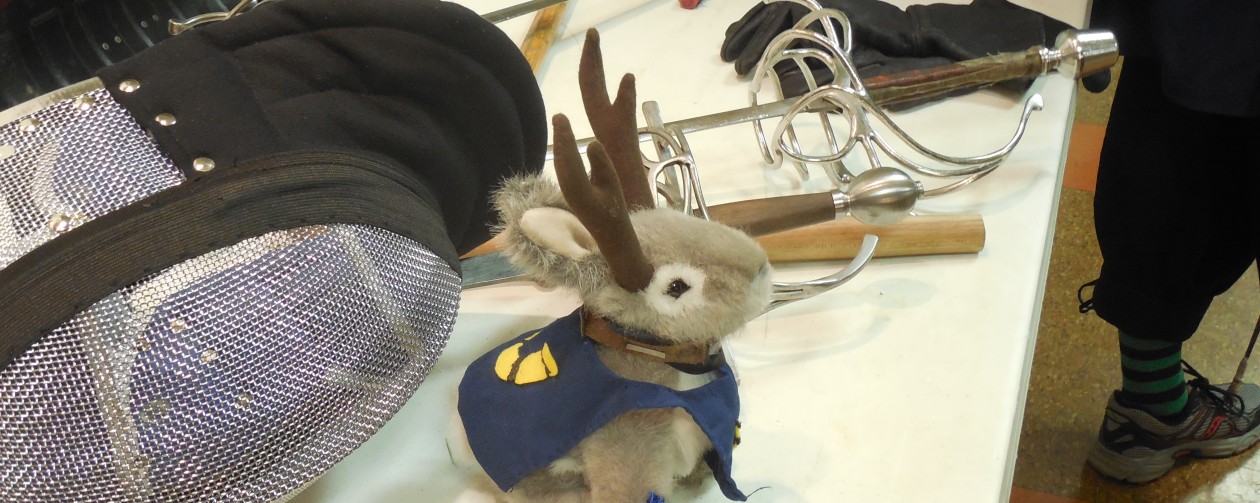I am using the daily Bible reading schedule from “The Bible.net” for my daily Bible reading. I had been using One Year Bible Online, but it was time for a change.
Today, I am reading and commenting on Leviticus 24-25.
Today’s passage gives a list of punishments to be given for various offenses. In particular, this is the passage where the concept of “an eye for an eye” is laid out. I want to point out two things about that. The first thing is that “an eye for an eye” defines the line between just punishment and unjust revenge: the punishment for the crime should not exceed the crime. The second is that as Christians our standard is not “an eye for an eye”, our standard is “seventy times seven” (the number of times Jesus tells us to forgive those who sin against us). However, the most important point made in this list of punishments is the statement that the same standard applies to everyone. You should not hold those who “grew up around here” to a different standard than the standard to which you hold “outsiders” (or vice versa).













